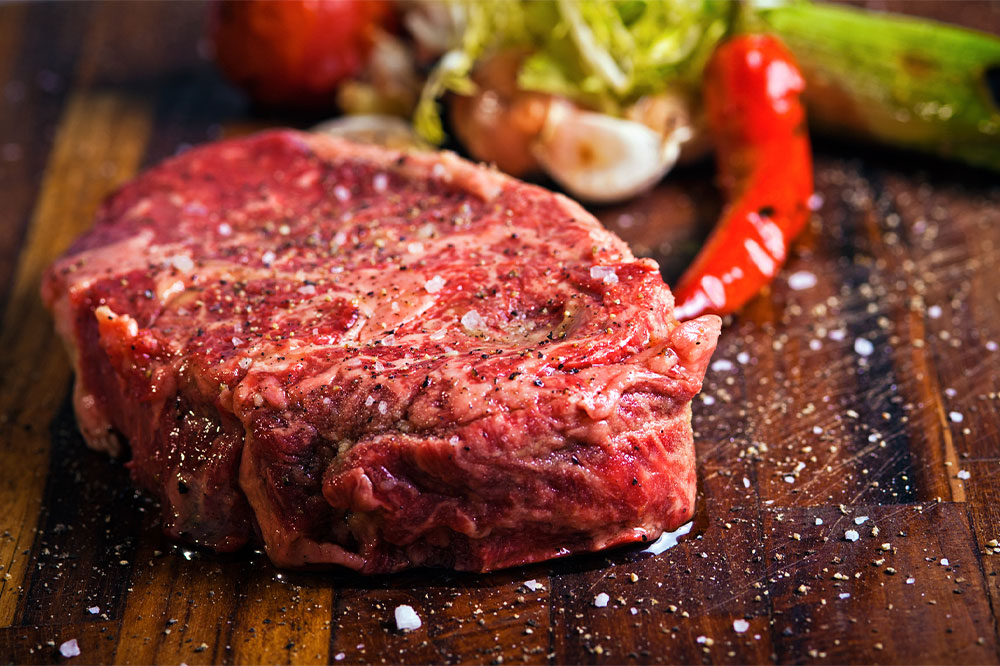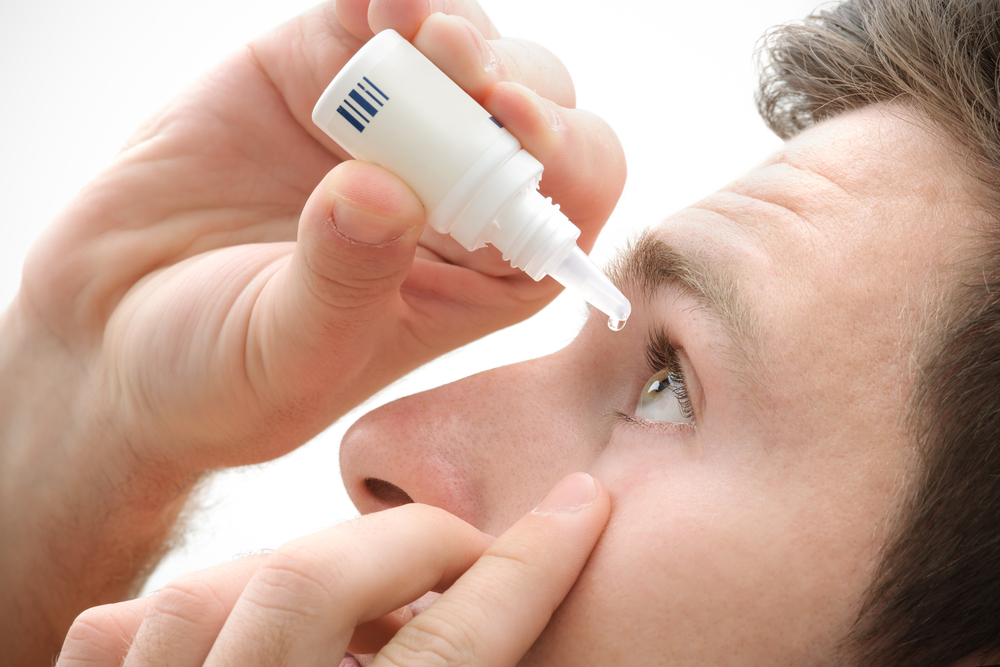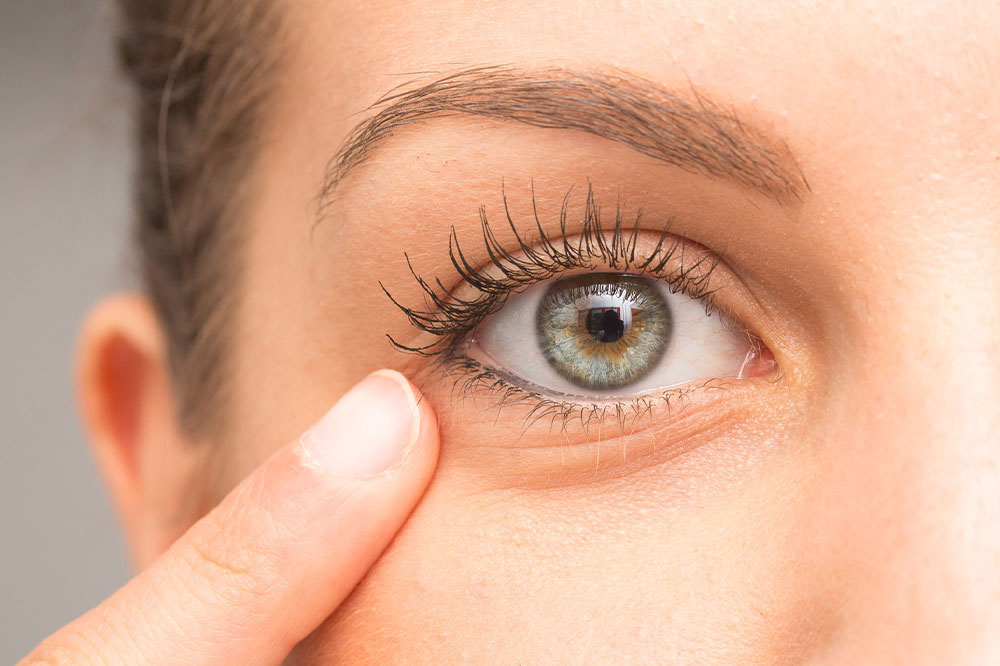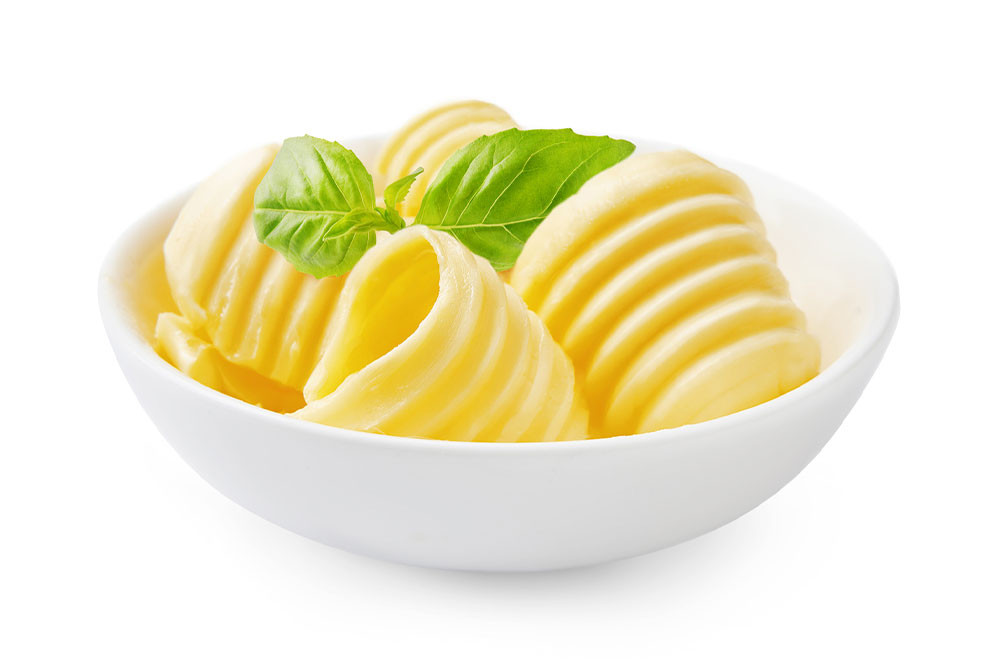Essential Dietary Tips for Maintaining Healthy Eyes and Preventing Vision Problems
Learn about the key foods to avoid for optimal eye health, including processed meats, trans fats, high-mercury seafood, caffeine, and sugary drinks. Discover practical tips for protecting your vision through diet, regular eye exams, and lifestyle adjustments aimed at preventing common eye diseases and maintaining clear, healthy eyesight for years to come.

Key Foods to Avoid for Optimal Eye Health and Preservation of Vision
Good vision is an essential part of a fulfilling life, and maintaining eye health requires more than just regular eye checkups; it also heavily depends on the nutritional choices we make daily. Your eyes rely on a complex network of blood vessels and healthy functioning of the heart to remain clear and sharp. Therefore, understanding which foods support or hinder eye health is vital for everyone, especially as we age or face risk factors for eye diseases. In this comprehensive guide, we delve into the foods you should limit or avoid to protect your vision and promote overall ocular wellness.
Processed Red Meats: Risks and Recommendations
Processed red meats, including pork, beef, lamb, and mutton, are common staples in many diets. They are rich sources of protein, yet they often contain high levels of sodium and preservatives. Excessive consumption of processed meats can lead to elevated blood pressure, which in turn puts stress on blood vessels throughout the body, including those supplying the eyes. Elevated blood pressure can cause fluid buildup beneath the retina, resulting in blurred vision or more serious conditions like hypertensive retinopathy. To promote better eye health, consider reducing intake of processed meats and opting for lean, unprocessed sources of protein such as poultry, beans, and fish.
Margarine and Trans Fats: Impact on Eye and Heart Health
Margarine is frequently used as a butter substitute, especially in baked goods and spreads. However, many varieties contain trans fats, which are harmful fats linked to increased bad cholesterol levels and decreased good cholesterol. These fats contribute to the development of atherosclerosis, reducing blood flow—not just to the heart, but also to vital organs like the eyes. Over time, this diminished blood circulation can accelerate the development of age-related eye conditions like macular degeneration. For healthier alternatives, choose natural butter or plant-based spreads that are free of trans fats, and always read nutrition labels carefully to avoid hidden trans fats.
Seafood and Fish: Balancing Nutritional Benefits and Mercury Risks
Seafood, such as salmon, mackerel, and sardines, are excellent sources of omega-3 fatty acids, which support eye health and help prevent dry eyes and macular degeneration. However, these fish can sometimes contain traces of mercury and other heavy metals, especially if consumed in excess or from contaminated waters. Mercury exposure is associated with neurological effects and can also impair vision if accumulated over time. To maximize benefits while minimizing risks, limit intake of high-mercury fish to 2-3 times per week and choose sustainably sourced options. Incorporating a variety of seafood and balancing your diet with plant-based omega-3 sources like flaxseeds can also be beneficial.
Caffeine: Considerations for Eye Pressure
Coffee, a popular beverage worldwide, provides a caffeine boost that many rely on to start their day. However, high caffeine intake can lead to increased intraocular pressure, a significant risk factor for glaucoma and other ocular hypertension-related conditions. Elevated intraocular pressure can damage the optic nerve, causing irreversible vision loss if left unmanaged. Limiting daily caffeine consumption, especially for individuals with a family history of glaucoma or existing eye pressure issues, can help maintain normal eye pressure levels. Opt for decaffeinated alternatives or herbal teas as healthier options for hydration without risking eye health.
Sugary Drinks: The Hidden Threat to Vision
Sugary drinks, including sodas, energy drinks, lemonades, and flavored beverages, are not only high in empty calories but also detrimental to eye health. Excessive sugar intake can induce spikes in blood sugar levels, contributing to the development of diabetes, a major risk factor for diabetic retinopathy and other ocular complications. Chronic high blood sugar damages blood vessels in the retina, leading to vision impairment or even blindness if untreated. Reducing consumption of sugary drinks, managing blood sugar levels through balanced diet and exercise, and monitoring eye health regularly are essential steps to prevent chronic eye diseases linked to diabetes.
Maintaining robust eye health requires a comprehensive approach combining smart nutritional choices, regular eye examinations, and proactive management of age-related and chronic conditions. In addition to avoiding harmful foods, treatments like VUITY™ eye drops can help manage specific ocular issues such as presbyopia. Remember, preserving your vision is a lifelong journey that involves nourishing your body and staying vigilant against lifestyle risk factors.





